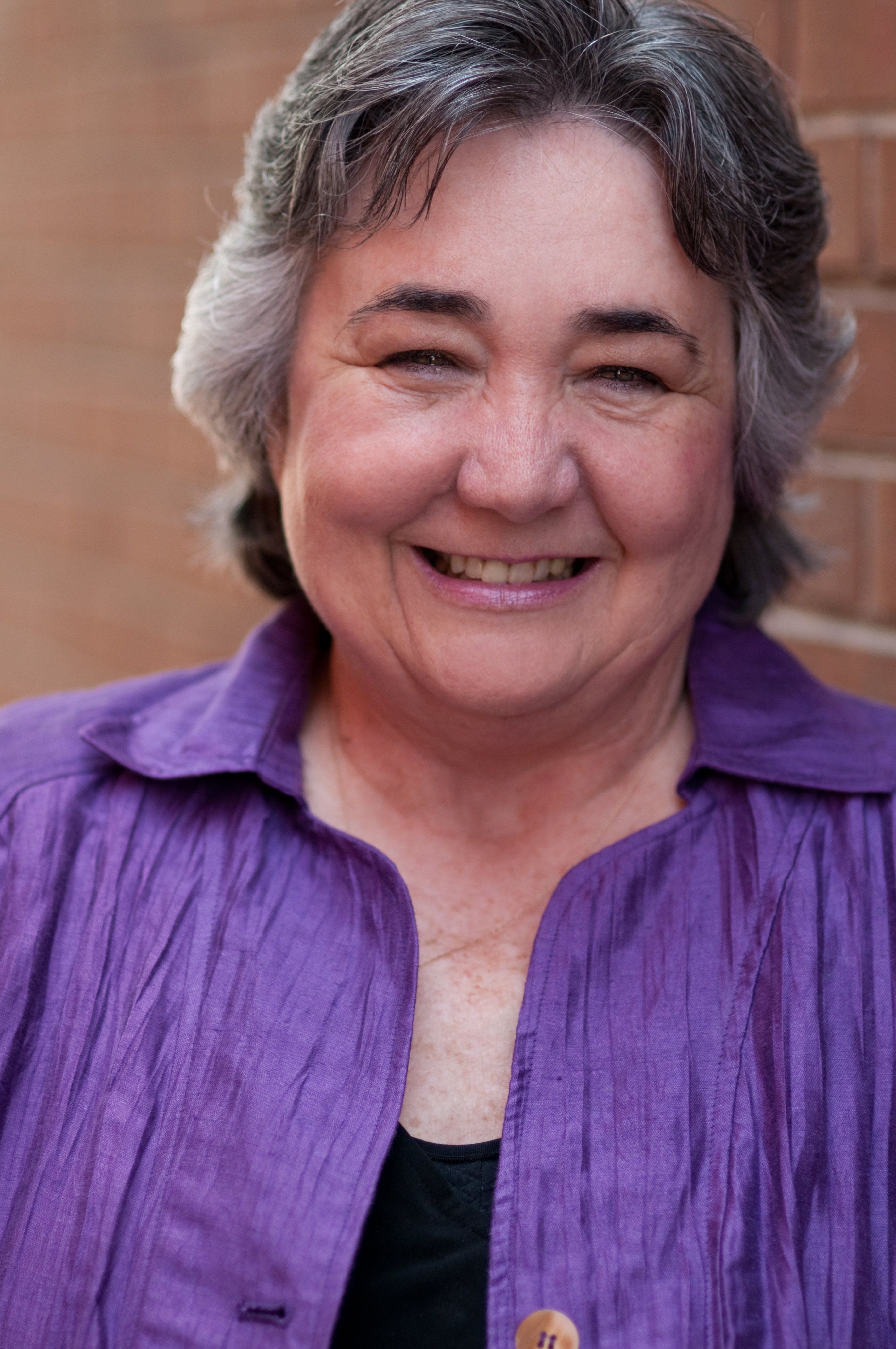The first time I realized I was way behind schedule in my parenting, Debbie was five and starting Kindergarten in a few days. I had taken a week’s vacation to help her learn the route to her school, how to work with the crossing guard as she crossed sixth avenue in Aurora, Co.
Flashback: SIXTH AVE!!!! SHE WAS FIVE!!! This needed time and attention!!!
My plan was to walk her to school, cross the street with her, explain how to listen carefully to the crossing guard, and how to also watch for cars herself. Then I would meet her at the door of her school and reverse the process to go home. We would do this for two days, then the third day, I would walk to the crossing with her and meet her at the crossing for the walk home. On the fourth day, she would be ready for the adventure on her own.
I thought it was an excellent plan. As it turns out, Debbie was more ready for this adventure than I thought she was. She was readier than I was.
The first day, we walked the two blocks to the crossing. Debbie barely glanced at me as she said with great authority: “I know the way, Mommy; you don’t have to go with me.”
Fighting down the impulse to take her firmly by the hand and insist on my plan, I watched my daughter greet the crossing guard with a smile and an excited skip in place, wait for the light to change, then march confidently across the street with the other children, head swiveling from right to left to watch for cars.
I walked home in tears, and settled into a two hour wait – the excruciating thought commanding my attention: “I won’t know she got there safely, until she gets home!” Fighting down the impulse to call the school to see if she got there okay, or to wait outside the school out of her sight and follow her home to protect her. . . . I sat with my thoughts and feelings ‘til she got home – and she did arrive home, safely, and full of triumph, excited about school – the first school paper was posted on the refrigerator to celebrate.
(Debbie is in her 50s now, a good bit taller version of confident authority; she’s always been ahead of my parenting it seems.)
Some day I might write up a full accounting of the mistakes I made as a parent—that will take a lot of time—but in the time and space available today, I want to talk about something I feel good about I want to relay a lesson learned early from my mother that stood me in good stead as I parented my own children, and a few other very important children temporarily entrusted to my care.
My mother might have said it this way: “Don’t ever get in your kids’ way unless absolutely necessary; don’t implant your own fears into them. Give them plenty of room to grow up in their own way.”
At first glance, a person familiar with scripture might take exception to my mother’s advice. After all, Proverbs 22:6 does say to “Train up a child in the way he should go and when he is old he will not depart from it.” So, it seems the principle is to keep a tight rein on your kids, always forming and training them, right? ……. Not exactly right! … because when you read the original language and find out that the training talked about is to do this parenting thing by seeking God’s wisdom and according to the child’s particular gifts and abilities.
Lesson applied: Get to know your child. Pay attention to his or her particular strengths, weaknesses, talents and mediocrities. Give them plenty of opportunities to grow toward their strengths, teach them to seek God for their guidance and direction. If you do that, then you won’t find yourself shocked when they are fourteen and at odds with your plan for their life. No guarantees, but you will have a much better chance to be an advocate even in their eyes for their particular journey in Christ.
If you have done this, then it doesn’t mean they won’t stray, but it does mean you have given them every opportunity to find the path God has laid out for them. And you are likely to be a welcome companion to them on this great adventure in life.
Note: Of course, there are other important qualifiers – rules are necessary, boundaries are good, but I just wanted to encourage parents to keep the relationship with their kids at highest priority through freedom to be who they are, while parents do all the important parts of parenting.
Need a professional’s confirmation? I like this quote: “The biggest danger for tweens is losing the connection to parents while struggling to find their place and connect in their peer world. The biggest danger for parents is trying to parent through power instead of through relationship, thus eroding their bond and losing their influence on their teen.” 10 Essential Tips for Successfully Parenting Tweens | hitched (hitchedmag.com)

Mary Heathman
Founding Director
Mary often characterizes herself as “a seeker of Truth” and has a long-standing fascination with human behavior and motivation. Her education consists of lay and discipleship counseling, independent study about the integration of psychology and theology, counseling and human sexuality. She also holds a BS in Human Services and an MA in Psychology from Regis University.
Mary attends a Friends (Quaker) Church.
Make a Difference in Someone's Life
If you enjoy reading WGA’s blogs and would like to show your support, please consider making a donation. Where Grace Abounds is a 501(c)3 non-profit organization. The majority of services, including support groups and discipleship counseling, are provided free of charge. Your financial gifts help to cover the costs associated with offering a free program to those who seek WGA’s services.

